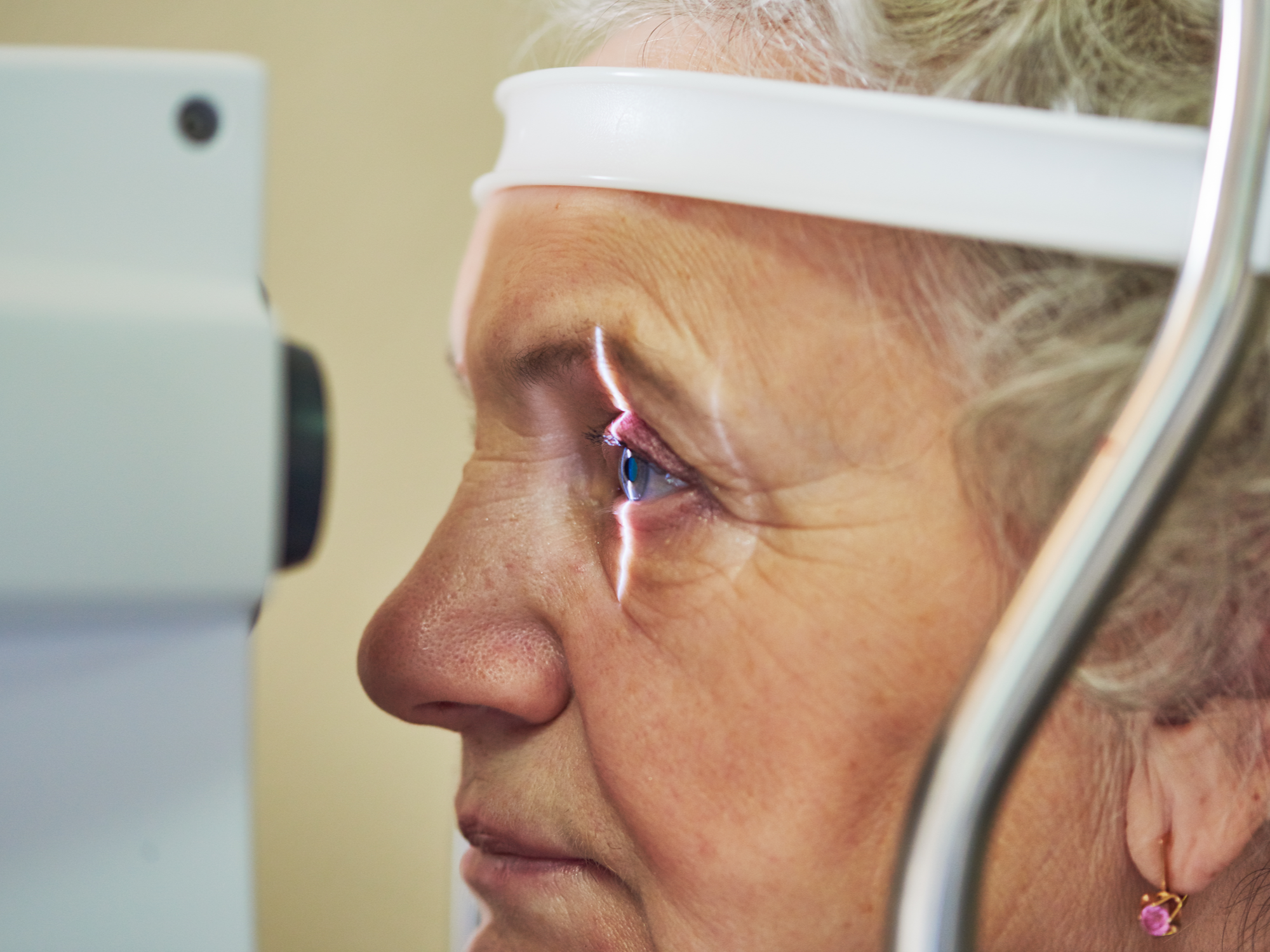
If you are diabetic, frequent eye checkups are important. Diabetes triggers blurriness, glaucoma, retinopathy, and cataracts. Even though your eyes may seem fine, getting a dilated eye exam ensures that they are healthy.
Diabetic eye diseases have no initial symptoms when damaged. A dilated eye checkup detects symptoms in detail and allows your eye doctor to treat symptoms before the vision loss progresses.
How Diabetes Affects Your Eyes
Diabetes affects your eyes when your blood sugar (glucose) levels are high. You may not experience vision loss from high blood sugar at first. Patients occasionally have blurred vision for a couple of days or weeks when transitioning to a new diabetes care plan or changing medication. High sugar changes the level of fluid in your eye. This causes the tissue in your eyes to swell. When the tissue swells, your eyes lose focus, blurring your vision.
If your blood sugar remains high over time, small blood vessels at the back of your eyes are compromised. This results in bleeding and swelling, which causes pressure to build up inside your eyes, which threatens your vision.
Warning Signs of Diabetic Eye Disease
As mentioned earlier, diabetic eye disease shows no early signs. You may not experience any discomfort or sight change when damage begins, especially with diabetic retinopathy. When symptoms occur, they comprise light flashes and wavy, blurry, or fluctuating vision. They also include vision loss, dark spots, floaters, and the inability to differentiate colors.
Consult your eye doctor if you experience any of these warning signs. The eye doctor will recommend a care plan based on your diabetic type and the time of your diagnosis.
Treating Diabetic Eye Disease
Your eye doctor will come up with an ideal treatment plan. It may involve having eye exams more regularly than once every year. He or she will also make suggestions to manage your diabetes. Such suggestions may include the following:
Checking and recording glucose to keep your health on track.
Monitoring cholesterol levels.
Healthy nutrition suggestions, such as eating more whole grains, fibers, and fewer carbs.
Increasing physical activities such as taking walks.
Taking your medicines as instructed.
Some medications, such as those used in treating cholesterol or blood pressure, can affect your blood glucose levels. It is crucial to take these medicines as instructed and to work with your health care provider to change dosages if your glucose level increases.
Your eye doctor might decide to treat severe eye disease symptoms with eye medication, surgery, laser therapies, or a mix of these options. When treating diabetic eye diseases, it is important to act before the signs begin to affect your eyesight. Therefore, if you are diabetic (and even if you are not), do not forgo a detailed eye exam if you are having issues with your sight.
To find out more about treating eye disease, visit Sacramento Eye Consultants at our offices in Sacramento and Lincoln, California. You can also call (916) 915-0300 to book an appointment today.











